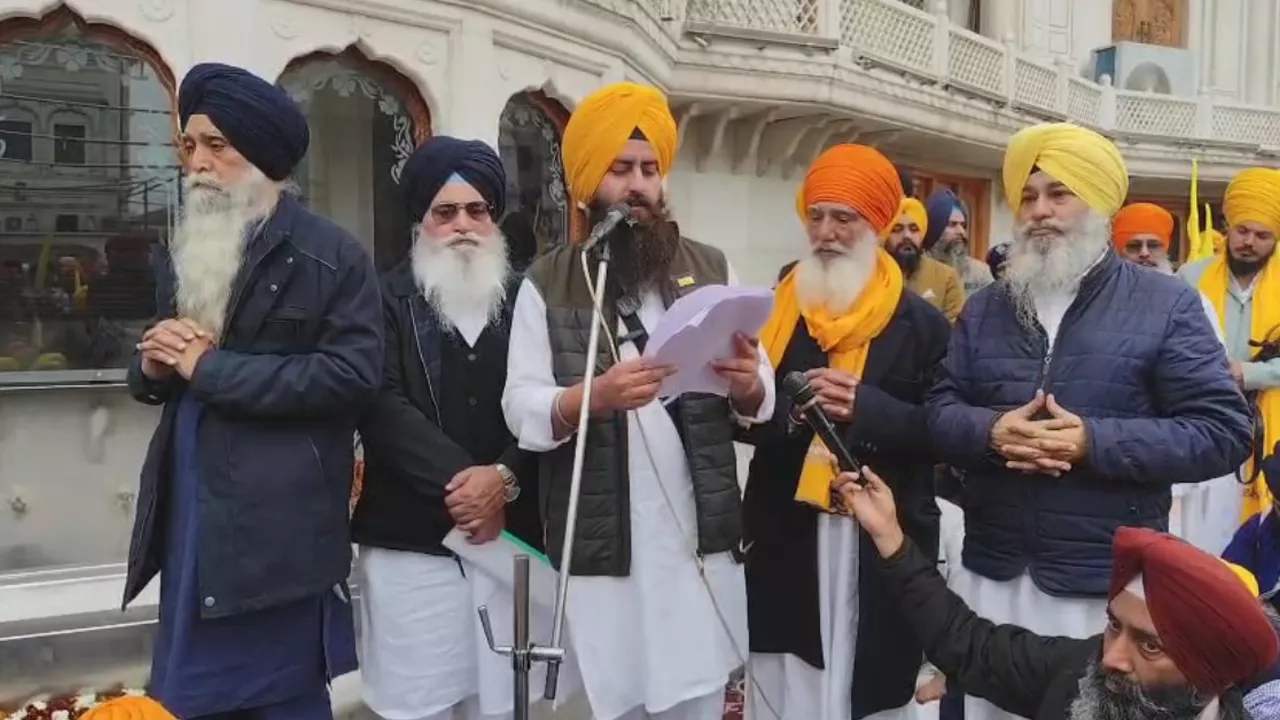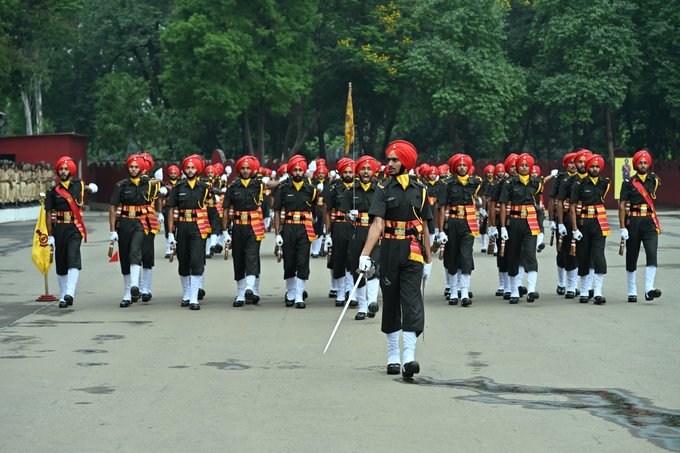On 22 Jan, Indian PM Narendra Modi formally consecrated the Ram Mandir (temple) in Ayodhya. Thus, a process of explicit Hindu dominance of India’s political system that started with the demolition of the historic Babri Mosque – claimed to be the birth place of Lord Ram – on 6 Dec 1992 came full circle. The 1992 demolition set off riots across the country, resulting in the killing of about 2,000 people, mostly Muslims. No one was ever punished, and the battle to erase the mosque came to represent the country’s rapidly growing Hindu nationalism. The BJP long promised to build the Ram temple on its remains. Now, in 2024, many consider this consecration to mark a more material shift in the nation from secularism to Hindu religious majoritarianism. Hindutva forces launched a huge campaign to enroll other communities in endorsing the temple consecration and invited the SGPC. On 17 Jan, the Chandigarh-based Kendri Guru Singh Sabha asked the SGPC if they had accepted the invitation. Considering that idol worship is not part of Sikh rehat maryada (code of conduct), the SGPC responded by congratulating the BJP, but declined to attend. Meanwhile, the BJP’s Sikh national spokesman RP Singh organized an 'Akhand Path' in Gurdwara Brahm Kund Sahib in Ayodhya. Sikh history, Sikh practice, and the Sikh community at large are once again subject to the larger forces of Hindutva narratives. (SDW Vol. 1 Issue 14, Story 7).


Like what you're reading? Subscribe to our top stories.
Liv Forum provides a digest of analysis on major issues facing Indian (East) Panjab and Sikhs globally.
In accordance with our Privacy Policy, we will never share or sell the information of our subscribers.






